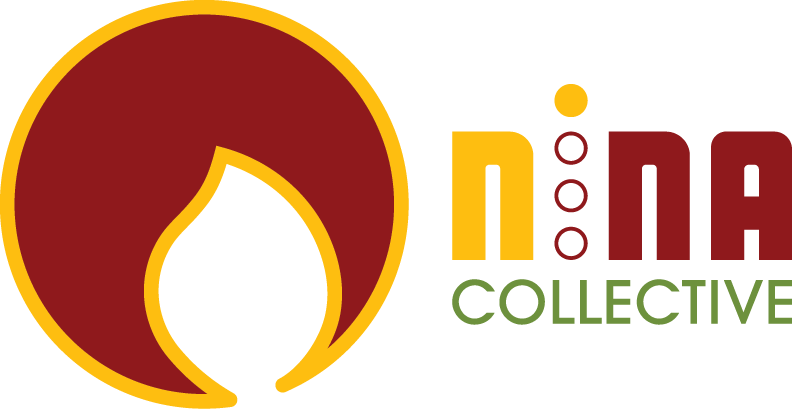Why co-learning and not training?
At nINA Collective, one of our core values is a learning and growth mindset. In an effort to continue to live into our mission, which calls us to model that another way is possible, we have embarked on a co-learning journey and process internally. Within nINA, we have monthly co-learning sessions during which we learn from each other. It requires each of us to be responsible for our own practice and development.
We define co-learning as a process through which participants and facilitators work together to: develop new understanding; to make meaning together; and to cultivate new practices to respond to what we have learned together. It is an evolution through which all participants - including the facilitators- transform and adapt.
In contrast, we define training as a process through which new information is delivered from a teacher or trainer to learners or participants. There are many instances in which training is perfectly appropriate strategy. Learning a new technology? Learning new HR policies, or new compliance laws? Training may be just the thing. In this instance, information is shared from an expert who knows the answer or procedure with people who need to use it or implement it.
Racial justice and racial equity are not outputs that have one singular right answer (although there may be some wrong answers out there). When working with nINA, you can expect competent, experienced guides to support your individual or organizational trajectory towards equity. However, we are not Racial Equity plumbers or electricians who can come in and fix your broken equity, or give you a training on how to fix your own broken equity. We are more like personal trainers in a gym where you do most of the work while we provide guidance, support, motivation and accountability.
This is why we do not generally do one-off trainings, but instead prioritize working with organizations who understand that this will be a process that takes time, work, and intention from the organization as well as from us. We are the consultants, but everyone who participates has both expertise and responsibility. We learn at every session, and try to ensure that we are responsive to the needs of different groups. Co-learning requires that you show up with your experiences, a willingness to stretch, learn, listen, and be vulnerable in a way that is not necessarily true for a more traditional training topic where there is specific information to be delivered. Like all skills that need to be developed, this is a process that requires ongoing work, learning, and practice. We believe that practicing together is what will lead to liberation.
